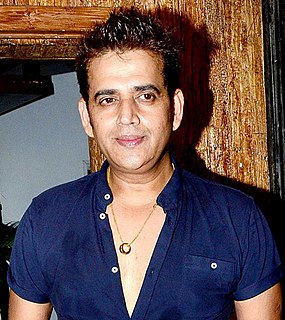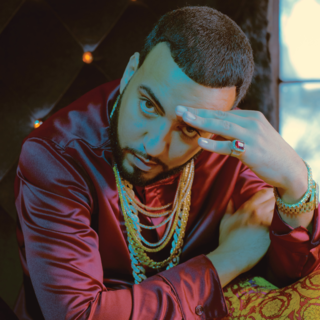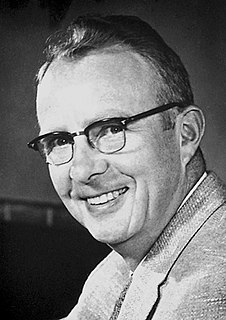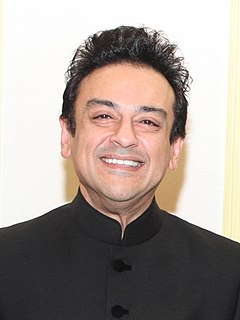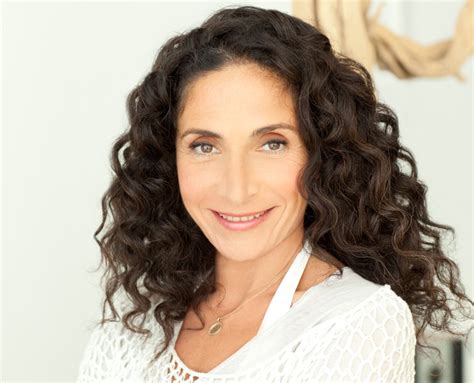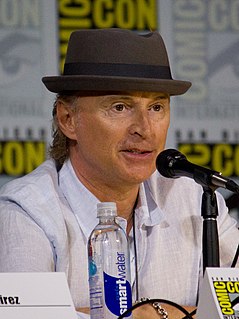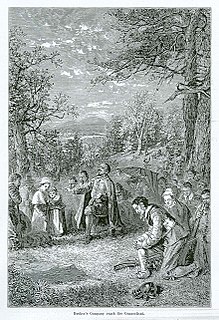A Quote by Mahatma Gandhi
What, however, left a deep impression on me was the reading of the Ramayana before my father. During part of his illness my father was in Porbandar. There every evening he used to listen to the Ramayana.
Related Quotes
If time came before me, time is not before the Word, whose Begetter is atemporal. When the beginningless Father was there, leaving nothing superior to His divinity, then also was there the Father's Son, having in the Father a timeless beginning, like the sun's great circle of overwhelming clear light.
I still remember how my father used to wake me up at 4 A.M. and make me study. He also used to take me for a walk and then always dropped me to school. I was very disciplined, as my father inculcated those values in me. Now that my father is no more, I understand that you should not take your parents for granted.
Listen to me, kid. Don't forget that you are in a concentration camp. In this place, it is every many for himself, and you cannot think of others. Not even you father. In this place, there is no such thing as father, brother, friend. Each of us lives and dies alone. Let me give you good advice: stop giving your ration of bread and soup to your old father. You cannot help him anymore. And you are hurting yourself. In fact, you should be getting his rations.
The psychoanalysis of individual human beings, however, teaches us with quite special insistence that the god of each of them is formed in the likeness of his father, that his personal relation to God depends on his relation to his father in the flesh and oscillates and changes along with that relation, and that at bottom God is nothing other than an exalted father.
My father left our family for his 'yoga buddy' in 1984, when I was 15. I always stayed in touch with him - I had a deep need to be connected to my father, even though it could be painful at times. I shunned the yoga community because of his actions but eventually realized that yoga could be the antidote to my pain.
When the father is going on in his journey, if the child will not goe on, but stands gaping upon vanity, and when the father calls, he comes not, the onely way is this: the father steps aside behind a bush, and then the child runs and cries, and if he gets his father againe, he forsakes all his trifles, and walkes on more faster and more cheerefully with his father than ever.

